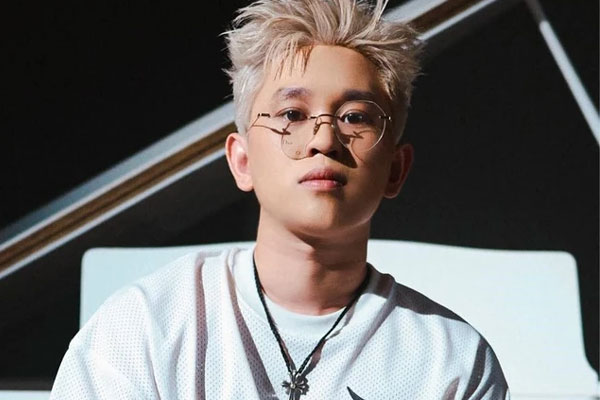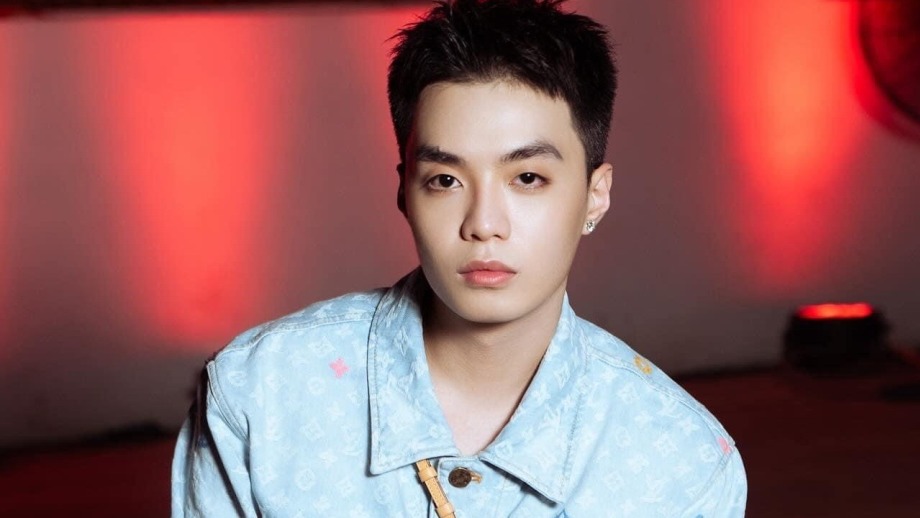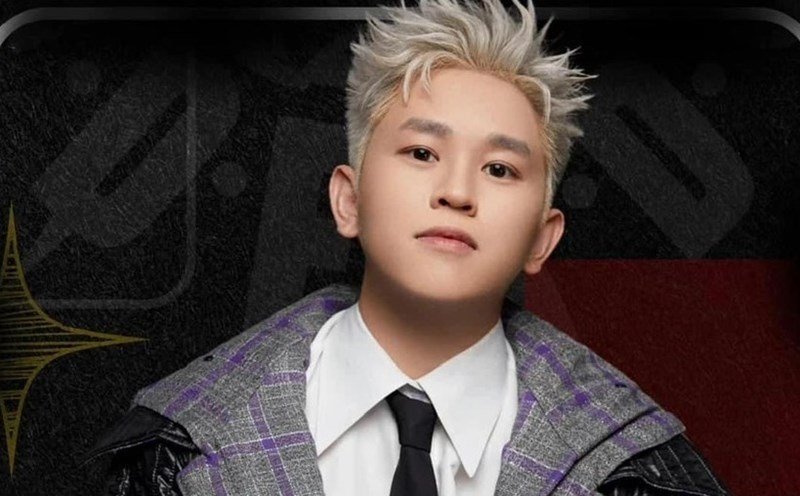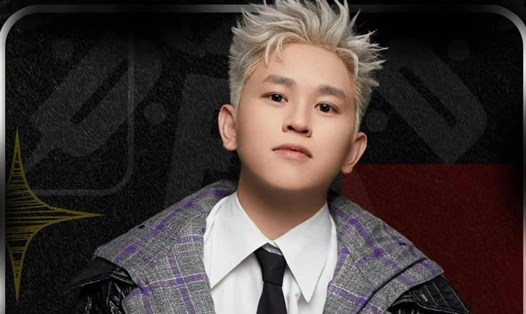Is it necessary to "ban" and "ban" artists involved in scandals?
Over the past 2 years, the Ministry of Information and Communications has collaborated with the Ministry of Culture, Sports and Tourism, and the Ministry of Public Security to organize many seminars and workshops to develop sanctions and measures to limit the appearance of images and performing arts products of people working in the performing arts sector in the press and social media (especially on Facebook, YouTube, TikTok) when there are violations of the law or violations of the code of conduct in cyberspace.
Lao Dong reporters have conducted many discussions with experts in many fields such as law, education, media and even artists... revolving around the topic of "limiting the image of artists involved in scandals". Most experts agree that tightening management of artists' image and ethics is necessary.
Associate Professor, Dr. Le Quy Duc - former Deputy Director of the Institute of Culture and Development said: "Artists are famous people, can create great influence, create trends on social networks as well as in life. It is natural and necessary for them to be disciplined in their speech, lifestyle, maintain a good image and spread good things."
Musician Nguyen Van Chung said: “For anyone, in any profession, morality must be put first, let alone artists. We work, receive the love of the audience, and the public accepts our products, we must live and work in a way that is worthy of that love. I think that before becoming a star, becoming a famous person, an artist must first be a good person. Must be a person with a standard lifestyle and speech.”
The Ministry of Culture, Sports and Tourism has issued a code of conduct for those working in the arts. However, this code of conduct is considered insufficiently deterrent, as it does not set out any sanctions.
According to experts, tightening management and imposing sanctions such as "banning broadcasting, banning performances, and banning activities on social networks" is necessary.

Over the years, looking at countries with developed entertainment and cultural industries such as China and South Korea, we can see how they have handled the punishment process and how broadcast bans are issued. When there were no broadcast bans or performance bans from the authorities, artists involved in scandals received a lot of criticism and boycotts from the public.
Having sanctions to tighten management, make artistic life healthier, and limit negative influences on cyberspace is considered urgent in the current context, when social networks are developing explosively.
How should the process of "limiting the image of artists involved in scandals" be implemented?
Looking at the most recent incident of Negav, the male rapper from Anh trai say hi, when he just became famous, made offensive statements about studying, at the same time, a series of vulgar articles with sexual harassment intentions from the past were "dug up".
Negav was criticized and called for a boycott. The rapper remained silent. However, a part of this rapper's fans still showed their support, encouragement, and welcomed Negav back. During the live concert on the evening of October 19, many fans standing under the stage called out Negav's name.
Many sources have “released” that Negav may be present at the upcoming live concert in Hanoi. This means that, without the restriction order, the artists involved in the scandal will just stay quiet for a while, then find a way to return to work.
Even a rapper who has written many politically sensitive articles like B Ray, is still a coach on Rap Viet - broadcast during prime time.

When asked about Negav's case, musician Nguyen Van Chung said: "I will not talk about any specific case. I think that when imposing sanctions and penalties, the regulations need to be clear. For each statement, at what level it is offensive, what content of the statement should be banned from broadcasting, banned from performing, banned for how long... all need to be specifically regulated."
Experts all agree that when implementing the restriction order, there should be clear and detailed regulations. What kind of statements will be considered offensive, violating public morality to what extent will be banned? Will the ban be temporary or indefinite?...
Discussing this topic, actress and producer Truong Ngoc Anh said: “The application of broadcast bans, film screening bans, and bans on participating in social media activities for artists who violate public morals, ethics, or make offensive statements and dress... needs to be clarified and regulated in more detail, because “violating ethics” and “violating public morals” are currently very general and vague definitions.
“What is considered a violation of ethics? What kind of dress and speech is considered offensive? How revealing can one wear? What constitutes a violation of public morals? I think there needs to be specific, clear regulations so that artists and the film and production industry like us can easily understand, apply and follow them,” said producer Truong Ngoc Anh.
Actress Minh Cuc thinks that the regulations should clearly state the level of punishment, such violations will be restricted, banned from broadcasting, how long the restriction or ban will be, specifically for each level of violation...











